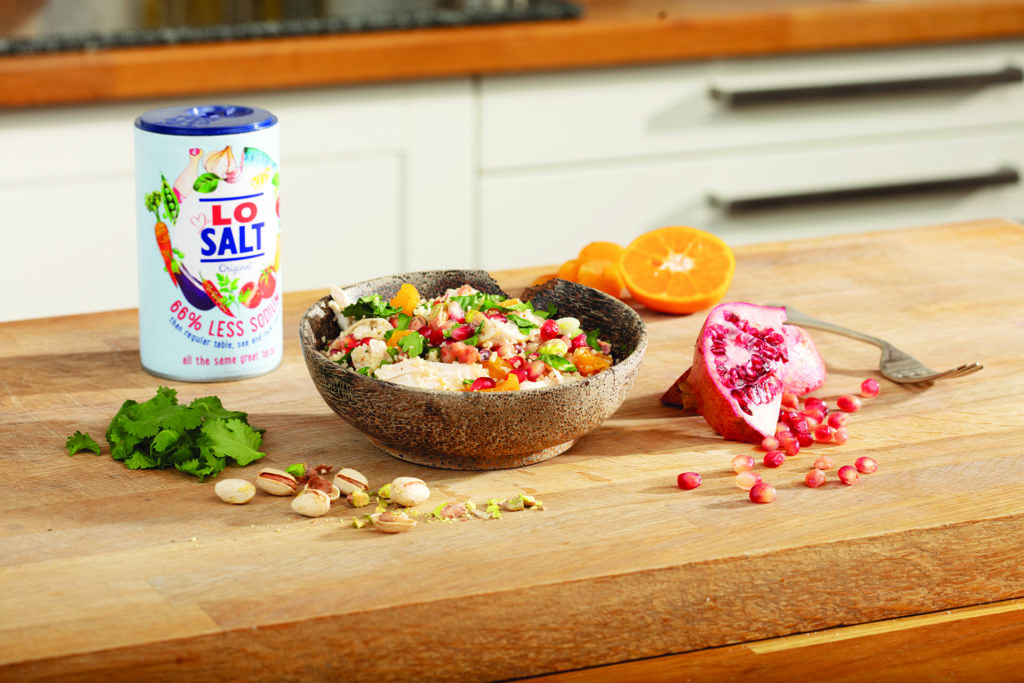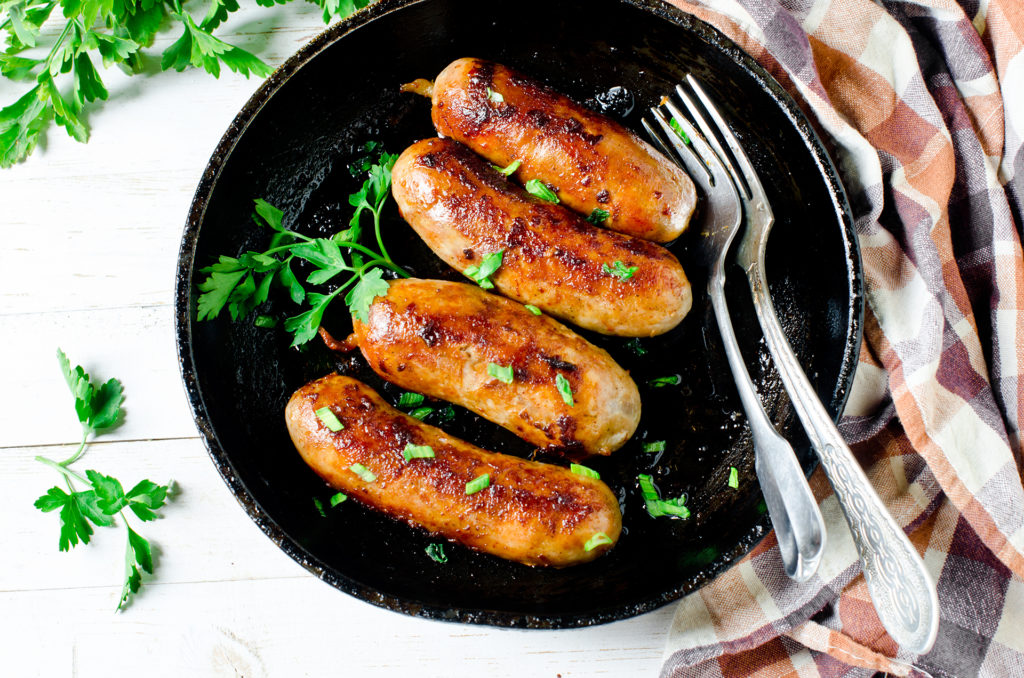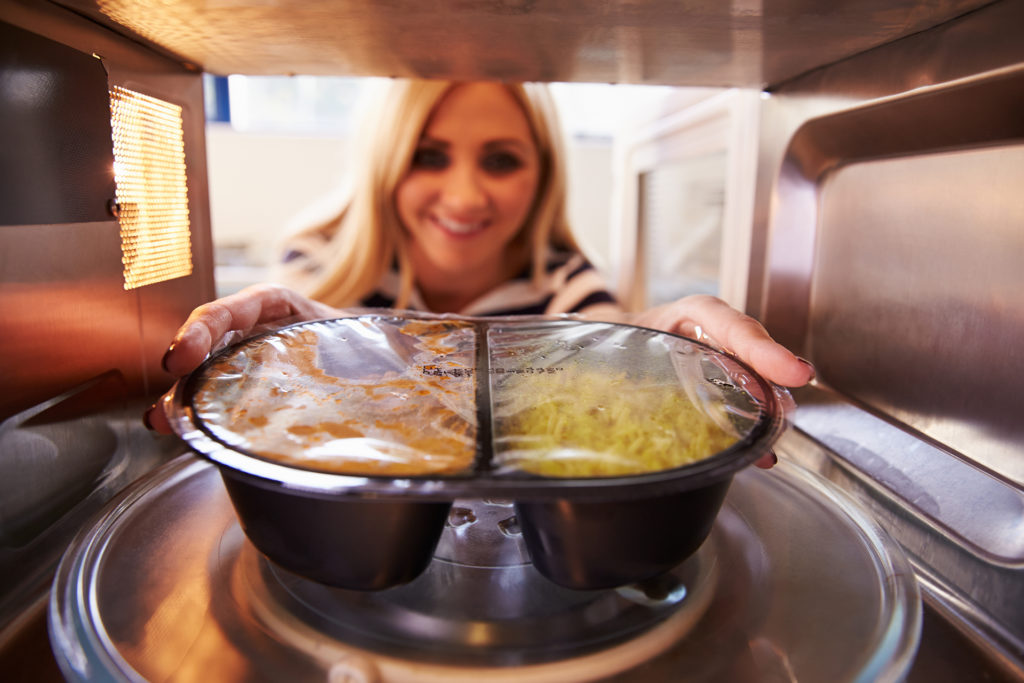Are You Eating Too Much Salt?

By GP Dr Sarah Jarvis, LoSalt advisor, for Salt Awareness Week (9th – 15th March)
Sugar isn’t the only white stuff we need to be aware of, it’s important we don’t forget the issue of excess salt in our diets also.
Research by LoSalt, the UK’s leading reduced sodium salt, shows that on average Brits believe they consume 3.2g of salt per day, compared to government findings that show we are actually consuming an average of 8g per day – with 29 per cent of people oblivious to the dangers of eating a diet high in salt, fat and cholesterol.
This worries me greatly because in the UK we are still eating far too much salt. Excess salt raises our blood pressure and high blood pressure is a major risk factor for stroke and heart disease, which are still two of the biggest killers in this country. Salt is one of those things which can be easy to bury our head in the sand about. It can seem easier to skip a dessert and watch our sugar intake than it can be to look at the savoury food we eat. However, with a few small changes and swaps here and there, you can make a big difference to your health by bringing your salt intake down.
Here’s my lo-down to salt, explaining what you need to know and importantly, why you need to season with sense when it comes to your salt intake:
So why should I be aware of how much salt is in my diet?
Public Health England advises that excess dietary salt is one of the most important modifiable risk factors for high blood pressure. High blood pressure affects one in four adults and is a major risk factor for stroke and heart disease. It’s known as the silent killer because it often has no symptoms, so you may not even know you have it.
How much salt should we be having?
In the UK, it is recommended that we should be eating a maximum of 6g of salt a day, that’s about a teaspoonful. However, on average we are eating 8g a day which is far too much. If we were all able to bring our salt intake down to 6g a day it is estimated that it could prevent over 8,000 premature deaths each year and save the NHS £570 million annually.
So how is salt linked to high blood pressure?
All salt, whether it’s table salt, rock salt, sea salt or pink Himalayan rock salt, is 100% sodium chloride and it’s sodium which is linked to high blood pressure. When we eat salt, or food containing salt, it’s the sodium which makes your body retain water and that is a big factor in increasing your blood pressure.
I don’t add much salt to food, how am I eating too much?
You may think a teaspoon of salt sounds like a lot and that you don’t use that much salt in your cooking or seasoning. However, 75 per cent of the salt in our diets is already contained in foods. It is most likely to be found in processed foods such as bread, cereals, bacon, ham, sausages, pickles, sauces and condiments and ready prepared meals. It’s important to be mindful of the salt you add to food – which is the easiest to modify and keep an eye on– but to also think about the type of food you are eating which can contain hidden salt.
So how can I cut down on the salt in my diet?
- Avoid seasoning and adding salt to food at home. Try using herbs, spices and lemon juice instead. Weaning yourself off salt takes some getting used to, but your palate will adjust.
- If you can’t go without salt, then you are better to use a reduced sodium salt like LoSalt instead, which contains 66 per cent less sodium than regular salts. It is the sodium in salt which is linked to high blood pressure.
- Don’t be duped into thinking posh gourmet sea and rock salts are better for you. Some of these manufacturers make very misleading claims. They all contain exactly the same amount of sodium as regular table salt and any other trace minerals will be present in such small quantities that you won’t get any benefit.
- Try to cut down on processed food as this is where the majority of salt in our diets come from. Ready meals, ready made sauces and soups are often high in salt.
- Keep processed meats to a minimum. Bacon, ham and sausages contain salt.
- Remember, high blood pressure is very common and it often has no symptoms. It usually affects people as they get older and will be checked as part of your NHS health check which you are invited to every five years between the ages of 40-74. It’s important that you attend these health checks as they can help detect early signs for high blood pressure, stroke, kidney disease, heart disease, type 2 diabetes and dementia.
LoSalt is available in ASDA, Sainsbury’s, Waitrose and Budgens, the RRP starts from £1.75.









